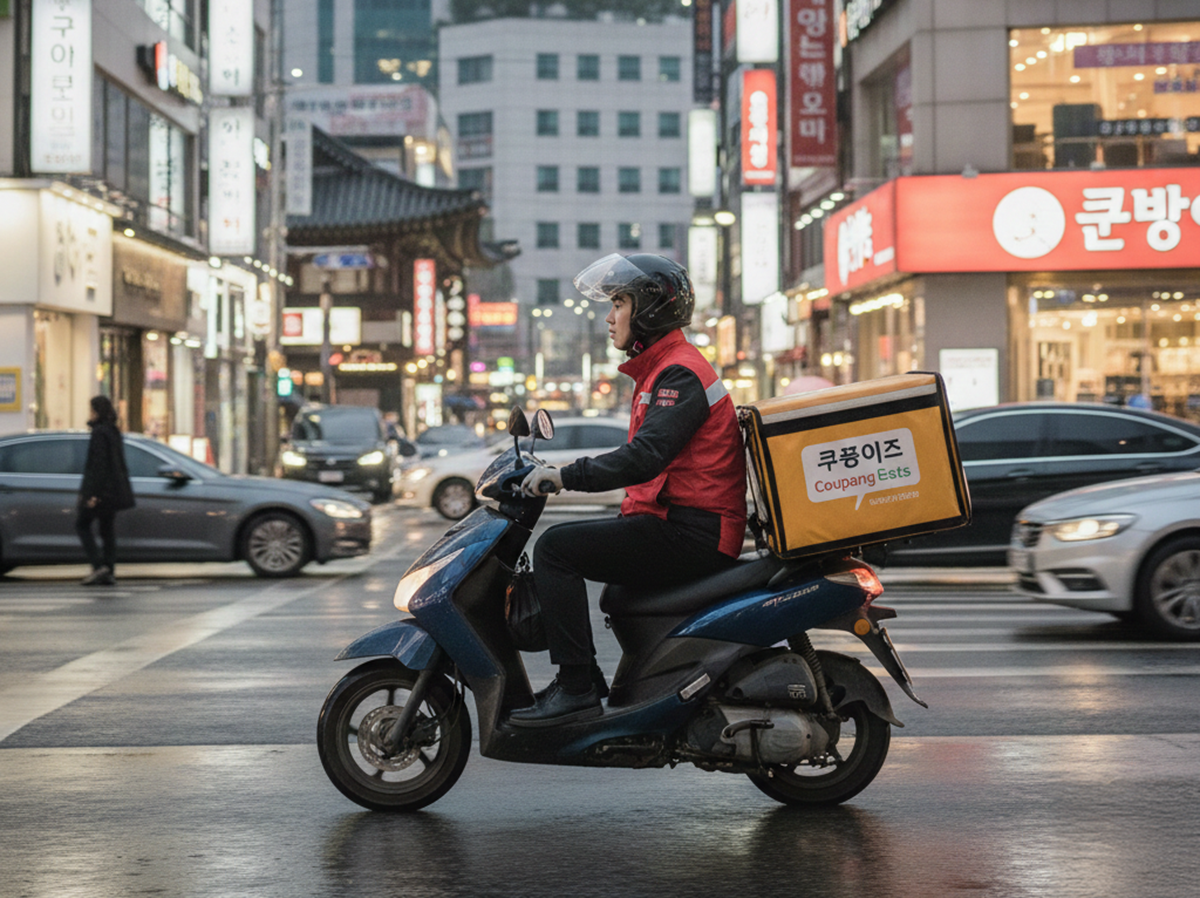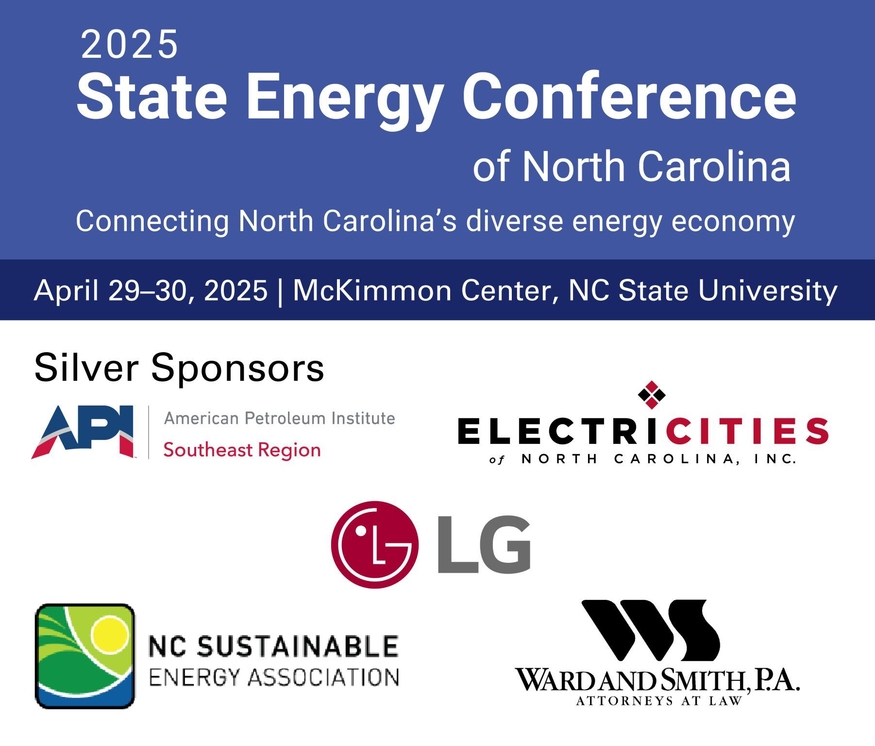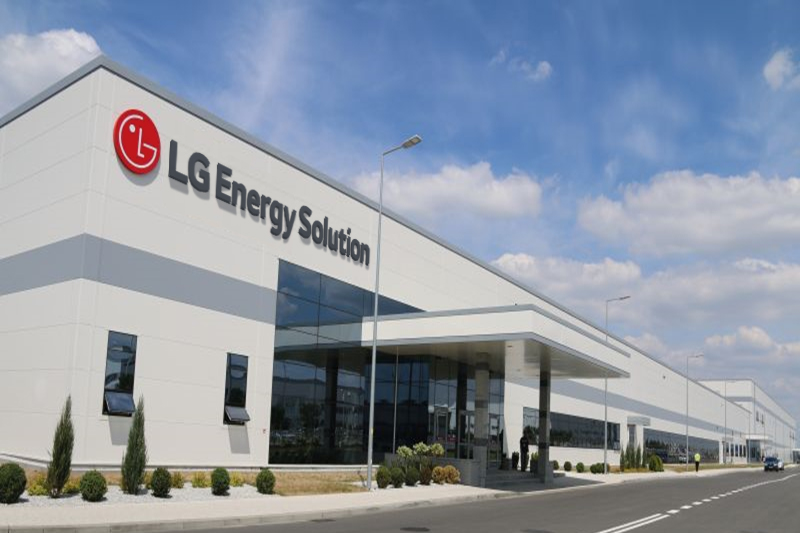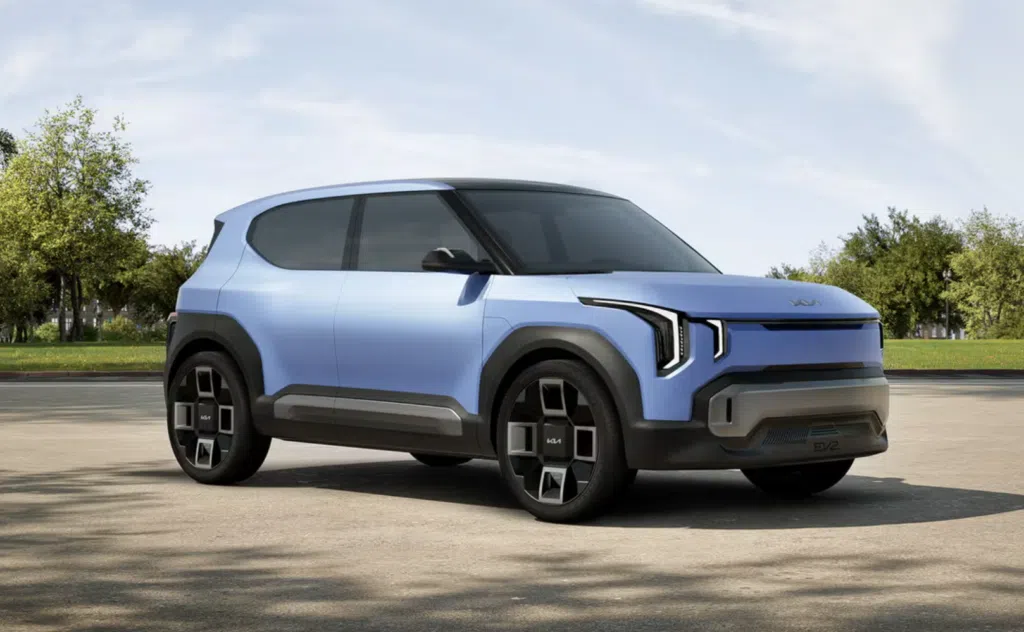
Hyundai Motor is hitting the brakes on its long-term electric vehicle (EV) plans, shortening its investment timeline from 10 years to just five. The move comes as global EV demand slows, competition intensifies, and regulatory uncertainties make the auto market increasingly unpredictable.
The South Korean automaker has also scrapped its explicit EV production and sales targets, signaling a shift in strategy from ambitious volume goals to more flexible, risk-aware planning.
“Conditions are changing too fast to lock ourselves into long-term EV targets,” a Hyundai spokesperson said. “We need to put resources where they have the most impact and respond quickly to emerging risks.”
Hyundai and its affiliate Kia were once among the most aggressive players in outlining EV rollouts, aiming to catch up with Tesla and fast-moving Chinese competitors. But slowing sales, high battery costs, and a resurgence of hybrid vehicles have forced a reevaluation.
By halving its investment horizon, Hyundai can now review spending priorities more frequently, particularly in high-stakes areas like battery partnerships, software development, and hybrid technologies. Flagship EV launches, however, are still on track.
Analysts note that Hyundai’s move reflects a broader industry trend. In recent months, Ford, GM, and Volkswagen have all trimmed or delayed EV production plans, citing concerns over profitability and market demand.
Despite the shift, Hyundai emphasizes that electrification remains central to its long-term strategy. Shorter investment cycles, the company says, will allow it to manage near-term volatility while staying competitive in the rapidly evolving EV landscape.




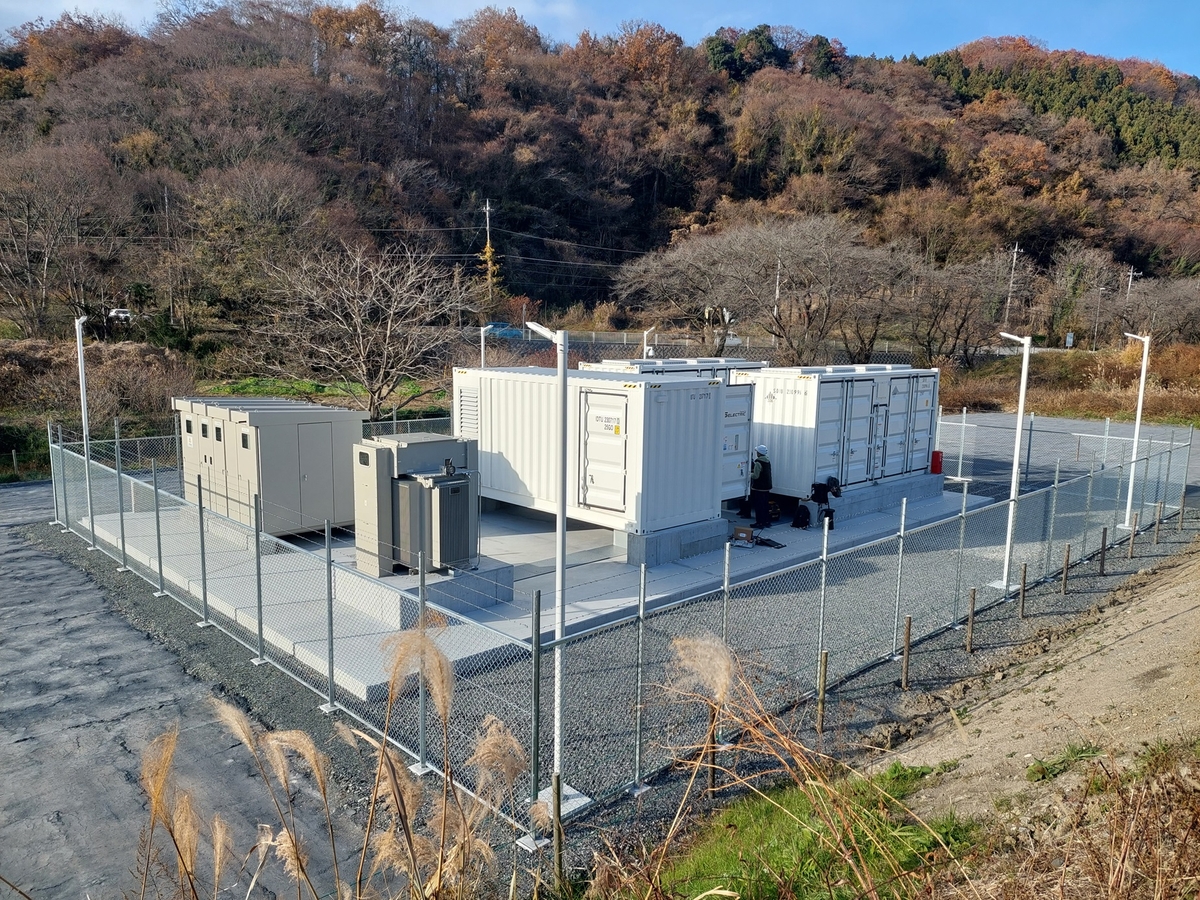



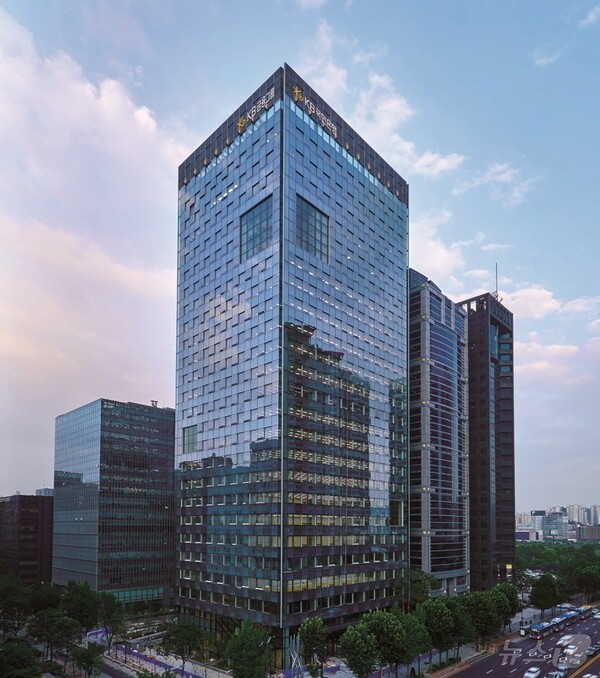
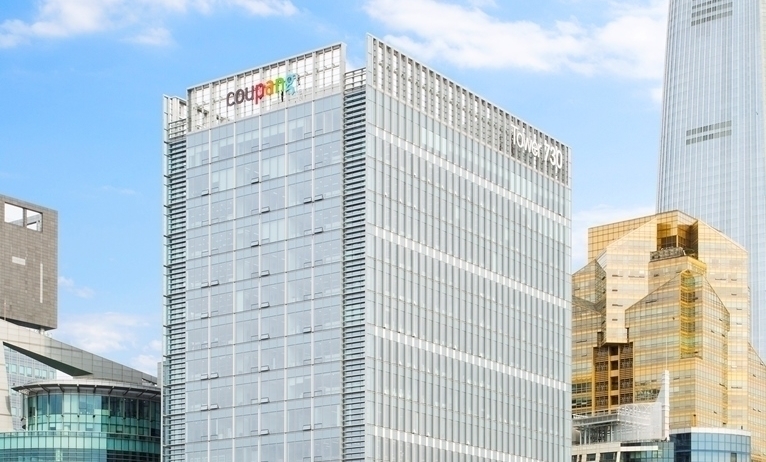


![[CES2025] LG Electronics Introduces “Affectionate Intelligence” at CES 2025 World Premiere](https://www.guru.today/wp-content/uploads/LG.jpeg)
